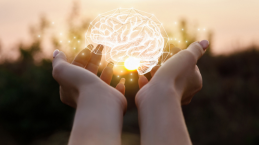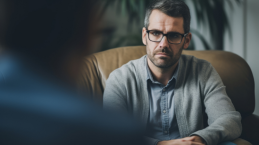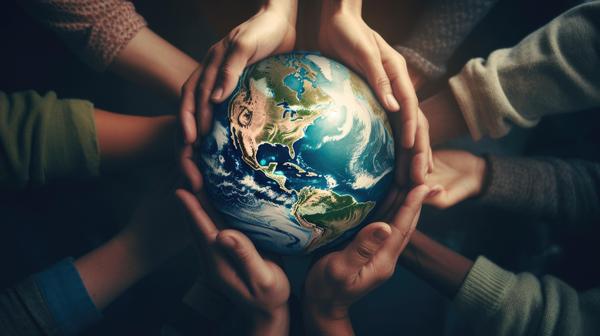Find your Path to
Insight and Resilience
Neuropsychology
Dr. Rhonda Freeman
.
Welcome, I'm Rhonda Freeman, a neuropsychologist committed to helping survivors of narcissistic abuse. Here, you'll find resources to guide you from understanding your situation to reclaiming your inner strength.
Regain your well-being after a Narcissistic Partner
Dr. Rhonda Freeman
Guides and Courses
2nd Edition: Using Neuroscience After Narcissistic Abuse
$425
Course:
- Brain-Related lessons are geared toward empowerment & insight.
- Guidance in how to apply Neuroplasticity (from a neuropsychologist)
- Self-Care Model Framework
- Traumatic Bonding: Beyond Basics. Exercises & Strategies from a neuropsychologist.
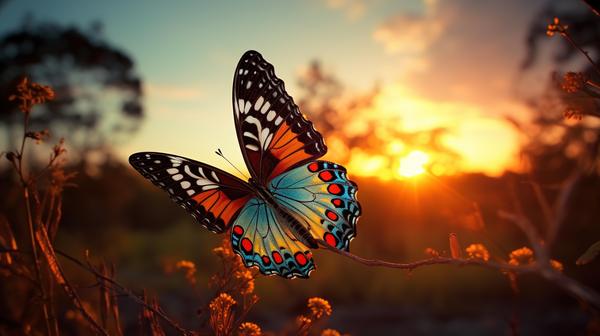
7 Steps Toward Healing
$0
EGuide:
- Tips to calm the mind.
- Insights into harmful partners.
- Common behaviors of pathological narcissists.
- Journal prompts.
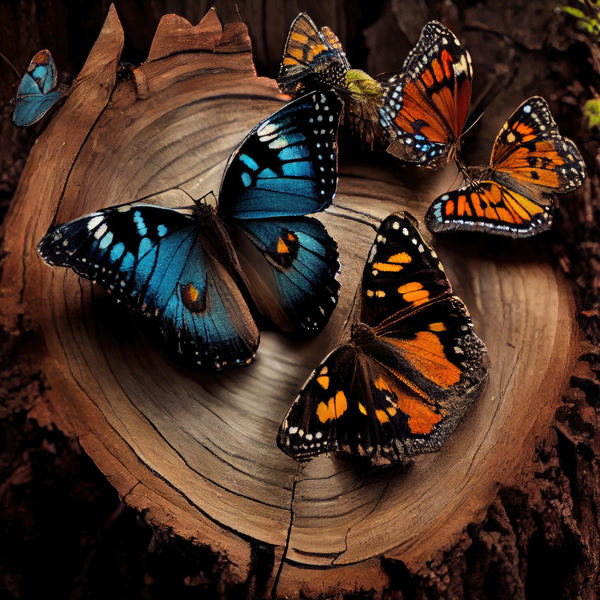

If you're ready - join in on the neuroscience lessons (eguides, courses, seminar)

Keep in mind, with the course, you can learn at your own pace.
About
Dr. Freeman is a neuropsychologist with training focused on brain rehabilitation and neurodiagnostic evaluations.
She creates neuroscience-based content for Psychology Today and various media outlets. She is the founder of Neuroinstincts, a site for survivors of pathological narcissists.
Testimonials from amazing students ...
T.C
★★★★★
"I am grateful beyond measure!
I have been so worried about my brain functions - but now armed with this knowledge, I am starting to see improvements. I’m back at work and thriving. Much love to you Rhonda, for the work you are doing."
J.M
★★★★★
"This is what I was missing!
Dr. Freeman goes slowly through the neuroscience - so I didn't feel overwhelmed. Not only did I constantly have moments of 'Ohhh that's why I did that!' I learned ways to go in a different direction and help my brain." JM

